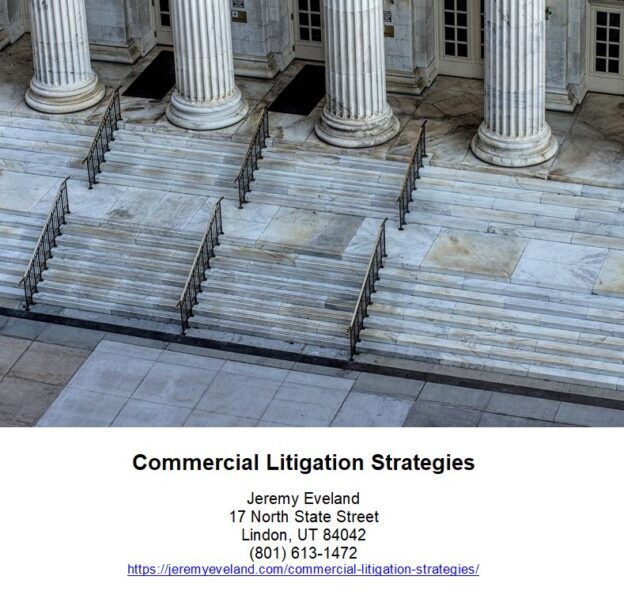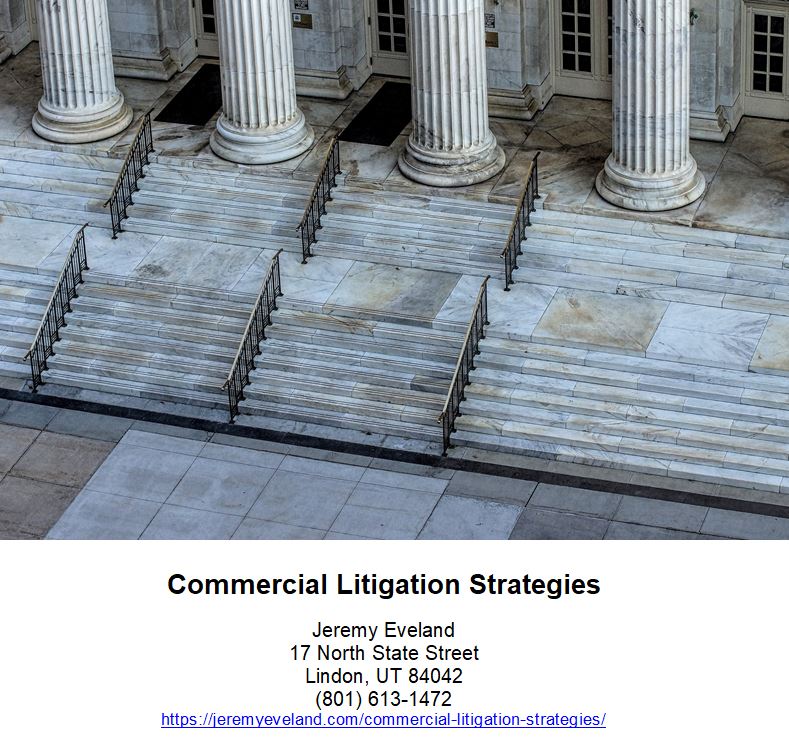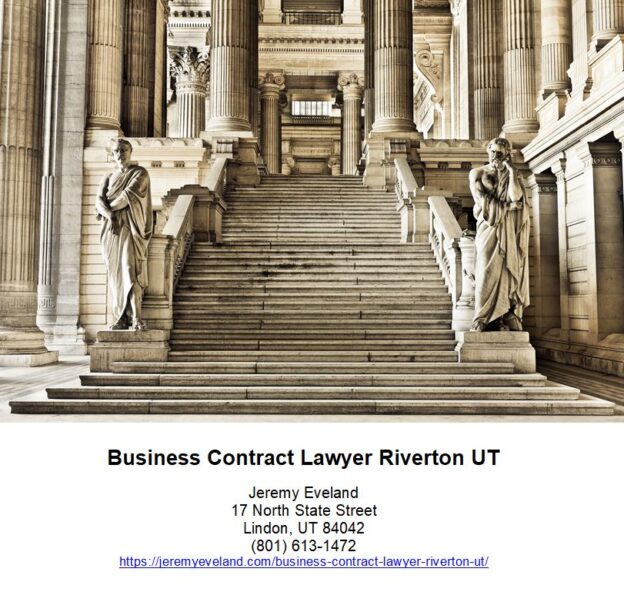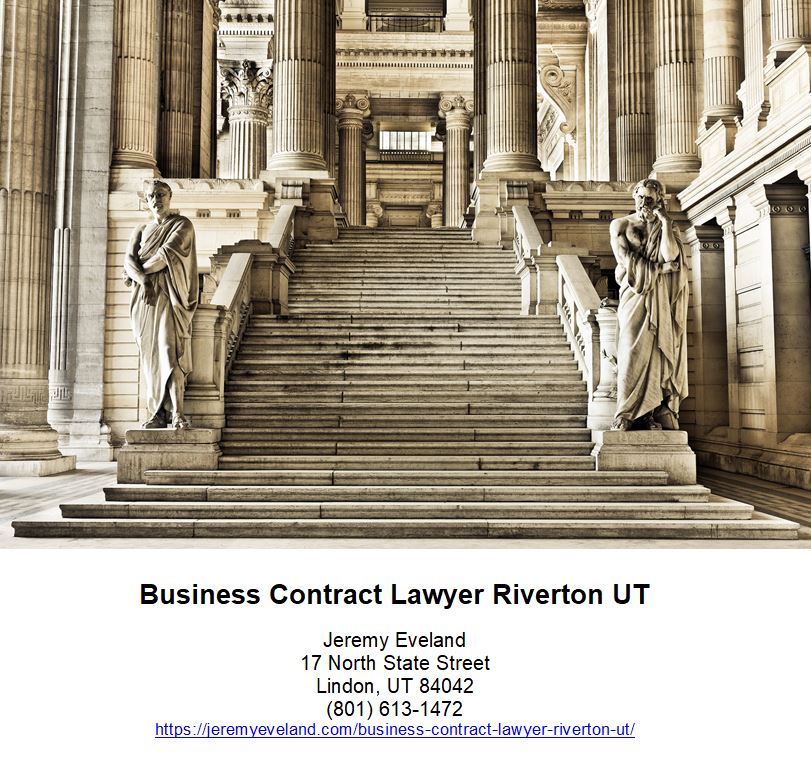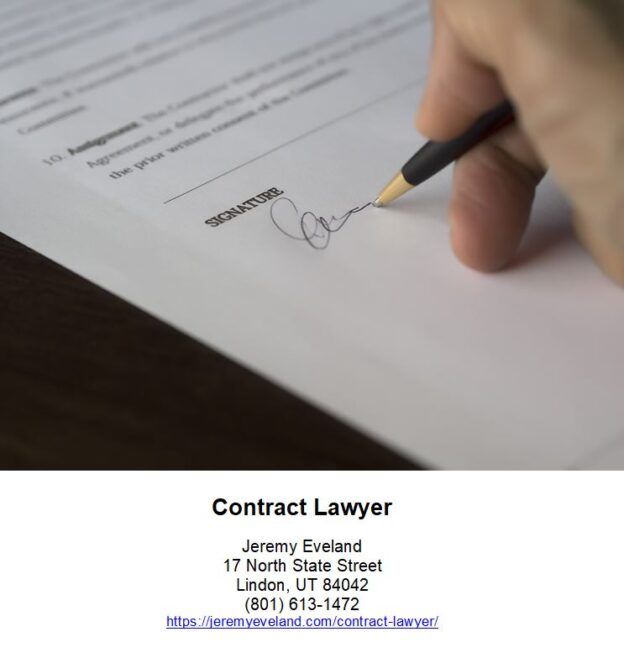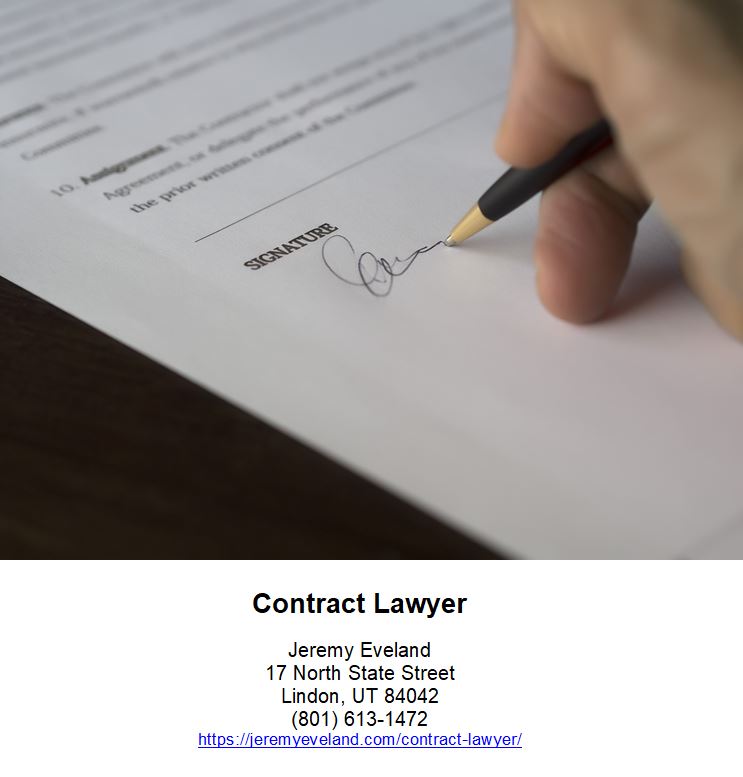Breach of Contract
-
Lawyer for Contracts
- Introduction
- What is a Material Breach of Contract?
- What is a Repudiatory Breach of Contract and How Can it be Avoided?
- What are the Legal Remedies for Breach of Contract?
- What are the Different Types of Breach of Contract?
- What is a Breach of Contract and What are the Consequences?
- How a Business Contract Lawyer Helps you with Contract Breaches
- Q&A
“Don’t break the contract – or else!”
Introduction
A breach of contract is a legal term used to describe a situation in which one or more parties to a contract fail to fulfill their obligations under the contract. When a breach of contract occurs, the non-breaching party may be entitled to certain remedies, such as damages or specific performance. In some cases, a breach of contract may even result in criminal penalties. It is important to understand the legal implications of a breach of contract, as well as the remedies available to the non-breaching party. This article will provide an overview of breach of contract law and the remedies available to the non-breaching party.
What is a Material Breach of Contract?
A material breach of contract is a violation of a contract that is so significant that it defeats the purpose of the contract and renders it unenforceable. It is a breach of contract that is so substantial that it goes to the heart of the agreement and renders it impossible for either party to fulfill their obligations. A material breach of contract can occur when one party fails to perform their obligations as outlined in the contract, fails to perform them in a timely manner, or fails to perform them in accordance with the terms of the contract. In some cases, a material breach of contract may also occur when one party fails to provide the goods or services as outlined in the contract.
What is a Repudiatory Breach of Contract and How Can it be Avoided?
A repudiatory breach of contract is a breach of contract that is so serious that it goes to the root of the contract and renders it impossible for one of the parties to fulfill their obligations. This type of breach is considered to be a fundamental breach of contract and can be used as a basis for the innocent party to terminate the contract.
In order to avoid a repudiatory breach of contract, it is important for both parties to ensure that they are aware of their obligations under the contract and that they are fulfilling them. It is also important to ensure that any changes to the contract are agreed upon by both parties and that any disputes are resolved quickly and amicably. Additionally, it is important to ensure that the contract is clear and unambiguous and that both parties understand their rights and obligations under the contract. Finally, it is important to ensure that both parties are aware of any applicable laws and regulations that may affect the contract.
What are the Legal Remedies for Breach of Contract?
When a contract is breached, the non-breaching party may seek legal remedies to compensate for the damages caused by the breach. Legal remedies for breach of contract include:
1. Monetary Damages: The non-breaching party may be entitled to monetary damages to compensate for any losses suffered as a result of the breach. These damages may include direct losses, such as the cost of replacing goods or services, or indirect losses, such as lost profits or lost business opportunities.
2. Specific Performance: The non-breaching party may be entitled to specific performance, which is an order from the court requiring the breaching party to fulfill their obligations under the contract.
3. Rescission: The non-breaching party may be entitled to rescission, which is the cancellation of the contract and the return of any payments made under the contract.
4. Restitution: The non-breaching party may be entitled to restitution, which is the return of any benefits received by the breaching party under the contract.
5. Injunctive Relief: The non-breaching party may be entitled to injunctive relief, which is an order from the court prohibiting the breaching party from engaging in certain activities or requiring the breaching party to take certain actions.
These legal remedies are available to the non-breaching party to compensate for the damages caused by the breach of contract. It is important to note that the availability of these remedies may vary depending on the specific facts and circumstances of the breach.
What are the Different Types of Breach of Contract?
A breach of contract is a violation of any of the terms or conditions of a contract. When one party fails to fulfill their obligations under the contract, it is considered a breach. There are several different types of breach of contract, including:
1. Minor Breach: A minor breach is a violation of a minor term or condition of the contract. This type of breach does not usually result in any significant damages to the non-breaching party.
2. Material Breach: A material breach is a violation of a major term or condition of the contract. This type of breach can result in significant damages to the non-breaching party.
3. Anticipatory Breach: An anticipatory breach is when one party indicates that they will not fulfill their obligations under the contract. This type of breach can result in damages to the non-breaching party.
4. Fundamental Breach: A fundamental breach is a violation of a fundamental term or condition of the contract. This type of breach can result in significant damages to the non-breaching party.
5. Actual Breach: An actual breach is when one party fails to fulfill their obligations under the contract. This type of breach can result in damages to the non-breaching party.
6. Constructive Breach: A constructive breach is when one party fails to fulfill their obligations under the contract, but does not actually breach the contract. This type of breach can result in damages to the non-breaching party.
7. Implied Breach: An implied breach is when one party fails to fulfill their obligations under the contract, but does not actually breach the contract. This type of breach can result in damages to the non-breaching party.
What is a Breach of Contract and What are the Consequences?
A breach of contract is a violation of any of the terms or conditions of a contract by one or more of the parties involved. This can include failure to perform a contractual obligation, such as delivering goods or services, or failing to pay money owed. The consequences of a breach of contract depend on the type of breach and the terms of the contract.
In some cases, the breach may be considered minor and the parties may be able to resolve the issue without legal action. However, if the breach is more serious, the non-breaching party may be able to seek legal remedies, such as monetary damages or specific performance.
Monetary damages are a form of compensation for the non-breaching party. This can include reimbursement for any losses suffered as a result of the breach, such as lost profits or additional expenses incurred. The court may also award punitive damages, which are intended to punish the breaching party for their actions.
Specific performance is a court order requiring the breaching party to fulfill their obligations under the contract. This is typically used when monetary damages are not sufficient to compensate the non-breaching party.
In some cases, the court may also issue an injunction, which is an order prohibiting the breaching party from taking certain actions. This can be used to prevent further breaches of the contract or to protect the non-breaching party from harm.
In addition to legal remedies, the parties may also be able to resolve the breach through negotiation or mediation. This can be a less costly and time-consuming option than going to court.
No matter the type of breach or the terms of the contract, it is important to seek legal advice if you believe you have been the victim of a breach of contract. An experienced attorney can help you understand your rights and determine the best course of action.
How a Business Contract Lawyer Helps you with Contract Breaches
A business contract lawyer is an invaluable asset when it comes to contract breaches. A contract breach occurs when one or more parties fail to fulfill their obligations as outlined in the contract. This can be a serious issue, as it can lead to costly litigation and other legal issues.
A business contract lawyer can help you in a variety of ways when it comes to contract breaches. First, they can help you identify the breach and determine the best course of action. They can review the contract and advise you on the best way to proceed. They can also help you negotiate a resolution with the other party, if necessary.
In addition, a business contract lawyer can help you understand the legal implications of a breach. They can explain the potential consequences of a breach, such as damages, penalties, and other remedies. They can also help you determine the best way to protect your interests in the event of a breach.
Finally, a business contract lawyer can help you draft a new contract that is more likely to be upheld in the event of a breach. They can help you create a contract that is clear and concise, and that outlines the rights and obligations of each party. This can help to ensure that the contract is enforceable and that any breach is addressed quickly and effectively.
In short, a business contract lawyer can be a valuable asset when it comes to contract breaches. They can help you identify the breach, understand the legal implications, and negotiate a resolution. They can also help you draft a new contract that is more likely to be upheld in the event of a breach. With their help, you can protect your interests and ensure that any breach is addressed quickly and effectively.
Q&A
Q: What is a breach of contract?
A: A breach of contract is a violation of any of the terms or conditions of a contract by one or more of the parties to the contract. It can occur when one party fails to fulfill their obligations under the contract, or when one party does something that goes against the terms of the contract.
Q: What are the consequences of a breach of contract?
A: The consequences of a breach of contract depend on the type of breach and the terms of the contract. Generally, the non-breaching party may be entitled to damages, specific performance, or cancellation of the contract.
Q: What are some common examples of a breach of contract?
A: Common examples of a breach of contract include failure to deliver goods or services, failure to pay for goods or services, failure to meet deadlines, and failure to perform according to the terms of the contract.
Q: What are the remedies for a breach of contract?
A: The remedies for a breach of contract depend on the type of breach and the terms of the contract. Generally, the non-breaching party may be entitled to damages, specific performance, or cancellation of the contract.
Q: What is the difference between a material breach and a non-material breach?
A: A material breach is a breach of a major term or condition of the contract, while a non-material breach is a breach of a minor term or condition of the contract. The consequences of a material breach are typically more severe than those of a non-material breach.
Q: What is the statute of limitations for a breach of contract?
A: The statute of limitations for a breach of contract varies by state. Generally, the statute of limitations is between two and six years, depending on the state. It is important to consult an attorney to determine the applicable statute of limitations in your state.
Breach of Contract Consultation
When you need legal help with Breach of Contract call Jeremy D. Eveland, MBA, JD (801) 613-1472 for a consultation.
Jeremy Eveland
17 North State Street
Lindon UT 84042
(801) 613-1472
Related Posts
Trusted Personal Injury Attorneys in Utah
Legal Requirements to Start a Business
Real Estate Attorneys in Salt Lake City Utah
Business Contract Lawyer Riverton UT
Business Law and Intellectual Property
Commercial Litigation Strategies




